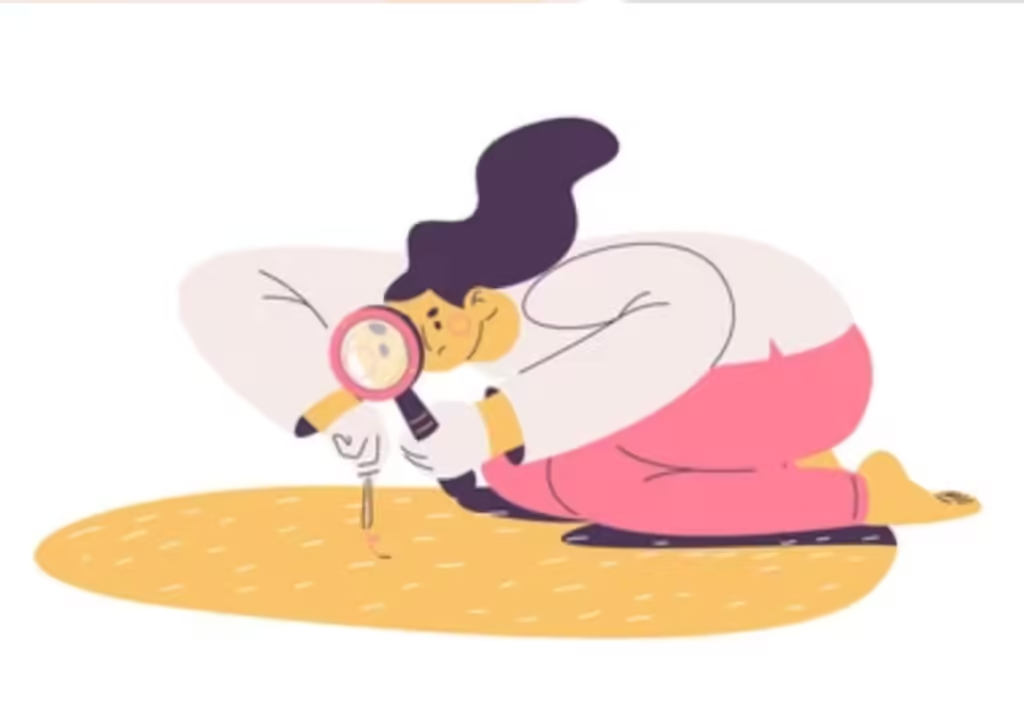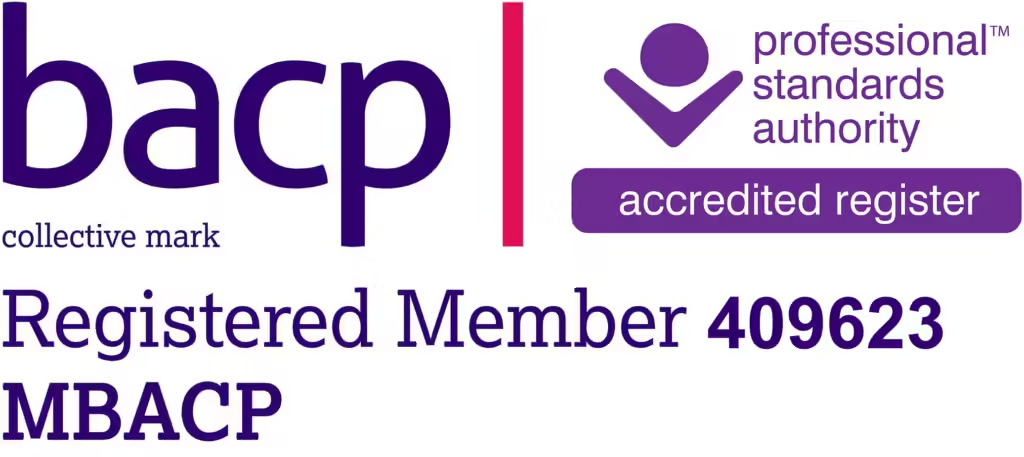
 Finding the right therapist is a deeply personal journey, and it’s essential to feel understood, safe, and supported. In this FAQ section, I’ve provided insights to help you determine if my approach aligns with your needs. As a therapeutic coach and BACP-registered counselor, I work with clients navigating anxiety, ADHD, trauma, and personal growth. If you’re wondering how my counseling style and tools can support your healing journey, this section is here to help you make an informed choice for your well-being.
Finding the right therapist is a deeply personal journey, and it’s essential to feel understood, safe, and supported. In this FAQ section, I’ve provided insights to help you determine if my approach aligns with your needs. As a therapeutic coach and BACP-registered counselor, I work with clients navigating anxiety, ADHD, trauma, and personal growth. If you’re wondering how my counseling style and tools can support your healing journey, this section is here to help you make an informed choice for your well-being.
Choosing a therapist is a significant decision, and it’s essential to feel comfortable and understood. My approach combines therapeutic coaching and counseling to address issues like anxiety, ADHD, trauma, and personal growth. I provide a nonjudgmental, supportive space where you can explore your challenges openly. If you’re looking for a counselor who values both practical tools and deep emotional exploration, we may be a good fit.
In our sessions, my focus is on understanding your unique experiences and challenges. I tailor my methods to suit your specific needs, whether you’re dealing with overwhelming emotions, past trauma, or navigating ADHD. My goal is to provide actionable insights and techniques that help you make meaningful progress without endless sessions. Together, we’ll work toward real, lasting change.
I take a holistic approach to conditions like anxiety and ADHD, combining practical strategies with compassionate understanding. I work with you to develop tools for managing symptoms while addressing any underlying beliefs or patterns that may be holding you back. This balanced approach allows for both immediate relief and deeper, lasting transformation.
No, I don’t believe that healing always requires years of therapy. My approach is designed to help you make significant progress in a manageable timeframe. While some clients benefit from ongoing support, many find that a focused, structured approach leads to effective results within a few months. I’m here to support you for as long as you need, without unnecessary commitment.
Grief counseling is highly effective, especially when it matches the individual’s needs and readiness. Studies show that grief counseling can significantly reduce symptoms of depression, anxiety, and trauma associated with loss. It helps prevent prolonged grief disorder and assists individuals in finding closure, resilience, and meaning. Effectiveness varies based on factors like the counsellor’s approach, the client’s engagement, and the nature of the loss. Still, overall, it’s a valuable tool for managing grief in a healthy, constructive way.
Grief counseling helps individuals process traumatic loss by offering emotional support, effective coping strategies, and validation for the overwhelming feelings that follow a tragedy. After an accident, people often experience a complex mix of emotions, including shock, anger, guilt, and profound sadness. Grief counselors provide:
Grief counseling also plays a preventive role, reducing the risk of complications such as post-traumatic stress disorder (PTSD) and prolonged grief disorder. By facilitating a healthier grieving process, counseling empowers individuals to move forward with resilience and hope.

